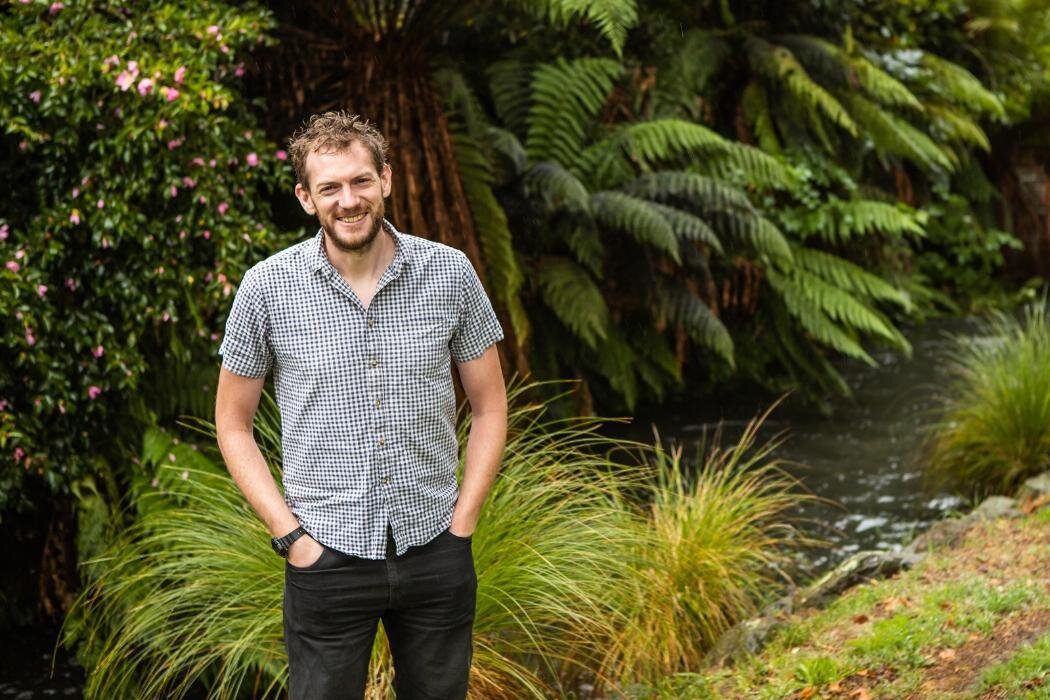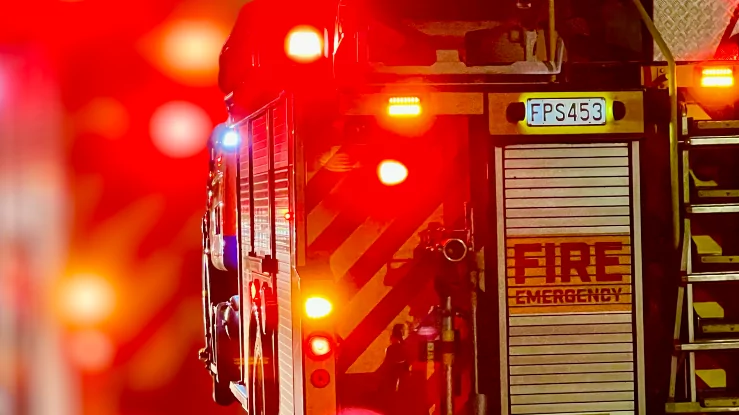All regions south of Auckland will shift to alert level 3 next Tuesday, to be reviewed on Mon 6th Sept.
Professor Michael Plank Photo: Canterbury University
Auckland and Northland will remain in level 4, likely for at least another fortnight – with Cabinet to review this. The decisions come after 70 new cases were announced today. Here’s what health experts are saying, courtesy of the Science Media Centre:
Professor Michael Plank, Te Pūnaha Matatini and University of Canterbury
“Waiting until Tuesday night to move areas south of Auckland to Level 3 will mean a full 14 days since the lockdown began. This will allow us to be confident there aren’t still cases in the incubation period. It will also give time for further wastewater testing in Christchurch, which will hopefully build confidence that previous positive results were indeed linked to cases in MIQ.
“Some may be frustrated that the South Island is being held at Level 3 rather than Level 2. But while there is a large and active outbreak in Auckland, movement of essential supplies around New Zealand creates an ongoing risk that a case could leak out of the Auckland region. At Level 2, this could lead to an explosive outbreak. Level 3 provides a safety net so that, if an outbreak does crop up outside Auckland it won’t be able to grow as quickly. If Auckland case numbers start to come down, other regions that are clear of Covid may be able to drop to Level 2 but that will take time.
“The government has indicated that Auckland is likely to spend another 2 weeks at Level 4. This is realistic timeframe. There are encouraging signs that the lockdown is highly effective, but it will take time to bring cases down. If the lockdown continues to have the desired effect, after 2 more weeks cases could be in steady decline. Once contact tracers are confident they are getting cases isolated before they can pass the virus on, this will be when Auckland can start to safely drop down the Alert Levels.”
Professor Nick Wilson, Department of Public Health, University of Otago
Professor Nick Wilson, Department of Public Health, University of Otago
“The Government’s proposed delay in moving to Alert Level 3 for a few more days for the country south of Auckland seems to make good sense given that the latest information on unresolved issues. These include contacts in places such as Wellington who have not yet got test results, and the positive wastewater test for Christchurch has not been fully confirmed to be from the MIQ facility (although this seems fairly likely given past experience).
“The proposed use of a regional approach again is a good one, but tight border control around Auckland will be necessary and it would have been preferable to limit travel in and out of Auckland to just essential workers who were fully vaccinated. Also, such workers entering and leaving Auckland should probably have regular testing and digital tracking to ensure that any community spread by these workers can be quickly controlled.
“With today’s announcement, there was perhaps the lost opportunity to expand mask use in Alert Levels 4 and 3 to all indoor settings outside of the home. Given the importance of airborne transmission with this pandemic virus – we need to make maximum use of the mask tool to accelerate progress out of lockdown.
“The news today of further expansion of the number of wastewater testing sites to 108 locations around NZ was very welcome. Such testing has become a much more valuable tool and in a recent analysis we found it to be a far more efficient way to determine that a region is very likely to be Covid-19-free than by using community testing.”
Dr Dougal Sutherland, Clinical Psychologist, Victoria University of Wellington and Umbrella Wellbeing
Dr Dougal Sutherland, Clinical Psychologist, Victoria University of Wellington and Umbrella Wellbeing
“Boredom, frustration, and temptation are likely to be the new psychological challenges that COVID brings, and may be an unanticipated consequence of increased levels of vaccination. The last nation-wide lockdown in 2020, although anxiety-provoking, also brought with it a sense of novelty and learning as people came to grips with setting up a home office, home-schooling for the first time, or mastering that sourdough starter.
“This time around, the novelty has largely disappeared and we face days of doing the same thing with the same faces in the same environment. Boredom may give rise to frustration, which may be amplified for those who don’t perceive the need for them or their region to remain in a strict level of lockdown. This frustration and irritability has the potential to strain already frayed relationships and lead to the temptation to break the rules.
“Aucklanders may be further tempted to break alert-level restrictions as they see other parts of the country moving out of Level 4 and feel jealous of what others have. These feelings may become more widespread as increasing numbers of people get vaccinated, reducing their sense of anxiety about becoming unwell. Whilst in 2020 the focus was on helping people manage their anxiety, the focus of 2021 may well be on helping people deal with their growing levels of irritability and frustration.”
Dr Sarb Johal, registered clinical psychologist
Dr Sarb Johal, registered clinical psychologist
“Frustration, irritation with yourself and others, and distress are common experiences when we are under chronic stress and it feels like there is no way out. When your stress hormones are continually pumping because your threat system is active, it’s hard to see things as they are.
“Some research suggests that when people experience frustration in the day, they tend to have more frightening dreams at night. It’s as if the mind is trying to process and make sense of experiences we find psychologically distressing when we are awake. Throw in disturbed sleep, lack of stimulation and reduced social contact, and you can see that it’s easy to end up in quite a downward loop.
“When that happens, it’s natural that you would start to seek some relief from the frustration. You might start looking for ways around some of the restrictions, just so you can get some sense of normality and control. RESIST that temptation, even if the decision today hasn’t gone the way you’d like.
“Here’s what you can do to help yourself and others through the next few days:
“1. Keep track of your wins. When a difficult situation is dragging on, it’s easy to lose track of what is going well. Keep a win log, update it daily and be sure to review it every couple of days.
“2. Remind yourself that this will pass. Frustration shouldn’t be an ongoing experience. Like the weather, it’s bound to change. By recognising that emotions are generally fleeting, you rob them of their power and hold on you.
“3. Take some deep breaths. It’s likely that the frustration you’re feeling has caused you to hold your breath or breathe shallowly. This means your body is oxygen-depleted and it’s hard to think clearly. When you take a few deep breaths, your pent-up emotions will start to ease and you can restore a sense of calm. Deep breathing can also help slow your heartbeat and lower your blood pressure, reducing the negative effects of frustration and irritation.”












